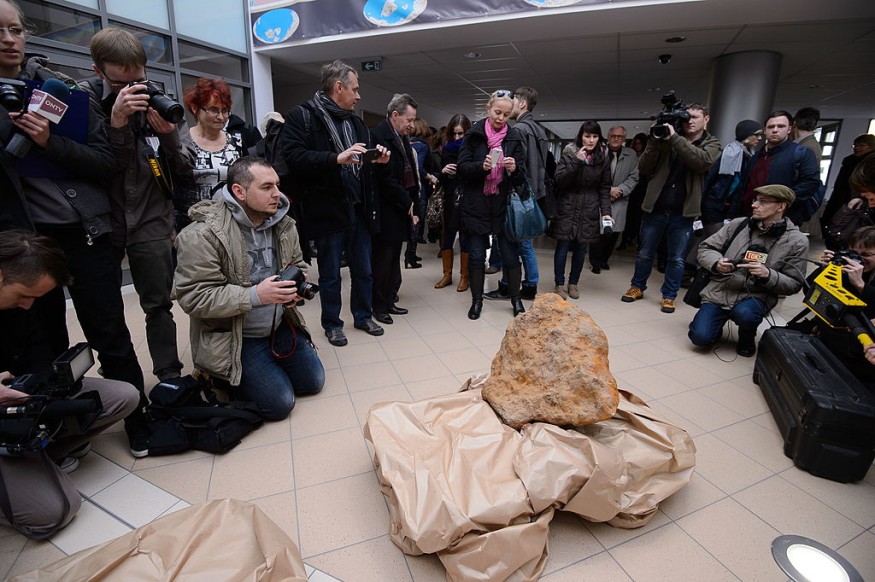Space rocks such as asteroids and meteorites have flooded headlines for the past months. Even the pop-culture is riding along with the fame and awareness about the cosmic materials. Although massive space rocks pose a threat if ever they come in contact with our planet, numerous tiny variants fall from the sky from time to time.
Meteorites: Importance of Space Rocks and Who Can Own Them

Because the space rocks originate from uncharted space, it is logical to say that no one owns them. However, when a piece of either an asteroid or meteorite falls in front of our lawn, do we have a say to keep it? This question baffles most of the people in the country. Although we can pick it up and examine it for personal documentation or scientific research, there are federal rules and limitations regarding space rock ownership.
Meteorites are rock pieces that have survived their space travel and fall from our burning atmosphere. Before and even when they hit the ground, the space rocks may have already caught the attention of astronomy enthusiasts or the scientific community. Before we even touch it, the piece of rock may have already made it to the news.
Recently, there have been some stunning meteorites that visited Earth. Among them was the Winchcombe meteorite, which was considered 'extremely rare' by scientists. Another is the popular Beddgelert meteorite, the second of the two only known pieces that hit Wales.
A rare accident involving meteorites was also recorded throughout modern history. The event included Ann Hodges, the one and only individual injured directly by the cosmic rock. According to the reports from the accident, Hodges was inside their house in Alabama when the meteorite struck through the roof.
Meteorite Regulation in the United States
Meteorites are among the cosmic objects which could provide us scientific evidence about a wide range of studies. Most rocks even predate our planet, making them more valuable to the scientific community and even the national government agencies.
If a meteorite hits land in the United Kingdom, the rock could be obtained by the person who finds it. Like the common fossils unearthed frequently from Earth's surface, these cosmic fossils could normally be kept by whoever gets it first.
'Finders keepers' may sound strange, but there are groups scattered across many countries that sell fossils and prehistoric remains of creatures they found.
In the United States, meteorites could also be acquired by the individual who finds them first. If a meteorite is available for sale, people could also own the pieces legally.
However, the government recently added regulations about meteorite collection. Technically, a landowner whose property was hit with a certain meteorite is entitled to own the rock. But because meteorites are subject to the 1906 Antiquities Act, the federal agency is known as Smithsonian Institution could retrieve them for scientific purposes. Alongside the UK and US, many countries have their regulation of space rock collection and ownership.
Check out more news and information on Space in Science Times.












